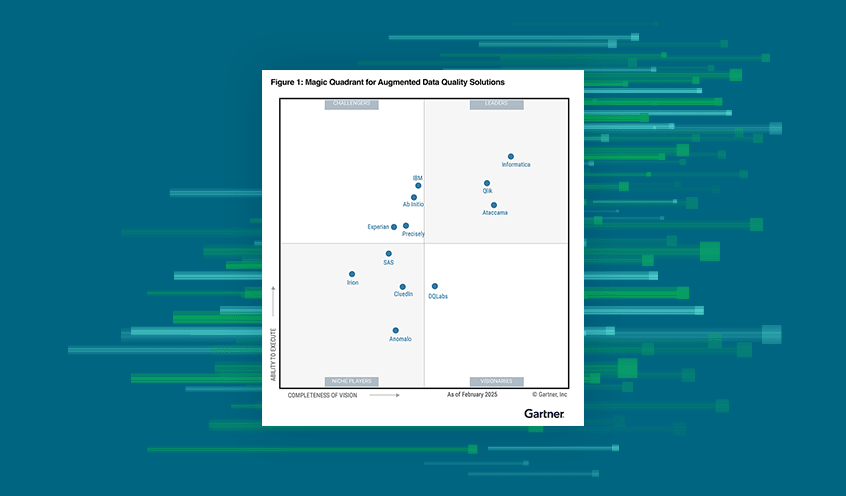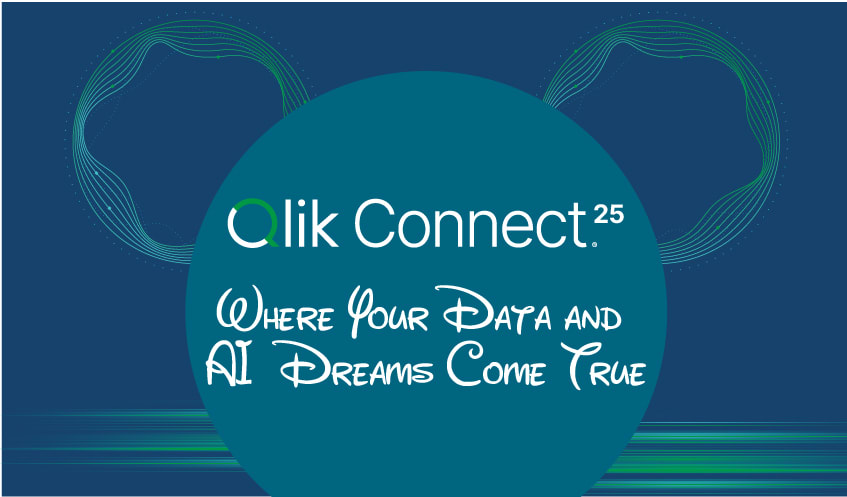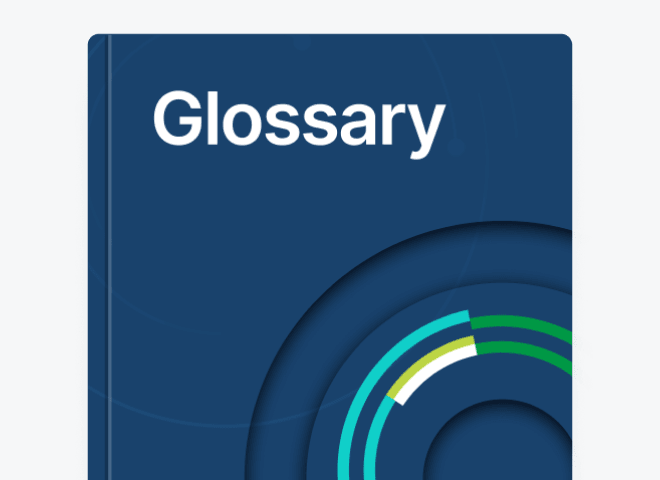Radnor, PA – Global research launched by Qlik®, a leader in data analytics, has revealed an escalating skills gap preventing business decision-makers from asking the right questions of data and machines.
Despite McKinsey reporting that up to 800 million global workers will lose their jobs by 2030 as a result of automation and robotics, and Gartner hailing data literacy at the must-have skill in the workplace, most business decision-makers (76%) lack confidence in their ability to read, work, analyze and argue with data. The highest level of doubt in data skills can be found among European executives (83%), followed by those in APAC (80%) and the US (67%).
Jordan Morrow, Head of Data Literacy at Qlik, comments: “Data is now the basis for competition, relied upon by global enterprises to derive insights and win in the marketplace. However, an organization’s ability to succeed in this digital era is heavily dependent on its employees’ ability to learn a new language. The language of data. The fact that those leading the business are struggling to get to grips with data is not just preventing them from thriving in their own leadership position, it is also hampering their ability to drive a data cultural change across the business.”
“In response to this extreme data literacy deficiency, there’s still time for organizations to win big with a powerful collective of robotics, automation and data literate workers, but urgent action is needed to steal a competitive edge.”
In a new global report, Qlik reveals insights into data illiteracy and offers practical advice for how to empower all employees with the data, tools and learning to achieve personal success and capitalize on an unprecedented economic opportunity. Key findings include:
Data is the secret to career success:The majority (85%) of data literate business decision-makers say they are performing very well at work, compared with just over half (54%) of their peers. In addition, most who use data in their current job role not only agree that data helps them do their job better (94%), but that greater data literacy would give them more credibility (82%) in the workplace.
There is boundless enthusiasm to learn:Most business decision-makers (78%) would be willing to invest more time and energy into improving their data skillset, representing a significant opportunity to drive a cultural change without substantial resistance. Executives in India have the highest appetite to learn (95%), followed by those in APAC (72%) and, finally, Europe (65%).
Levels of confidence vary across and within regions:Business decision-makers in India have the highest level of confidence (46%), followed by the US (33%), Spain (27%), UK (26%), Australia (22%), Germany (20%), Singapore (17%), France (16%), Sweden (15%), China (12%) and Japan (8%).
More data sceptics are needed to interrogate data from machines:Nearly half (48%) struggle to identify between data truths and manipulations, indicating an urgent need to upskill and support workers to succeed.
Morrow continues: “As organizations look to be data-driven, it is inevitable that those employees who can read, work, analyze and argue with data will be able to contribute more to their roles and organizations. Companies should be capitalizing on enthusiasm among the workforce and identifying data champions who can drive the program for data literacy. With organizations being made up of very different people, parts and pieces, this will need to be done on multiple levels, with the different data personalities across the business needing tailored support. Strong mentoring and stewardship will help to create the right culture where anyone can thrive – whatever level they are starting from.”
The new report features insights, opinions and best practice advice from a range of industry experts and data leaders, including:
Data strategist Bernard Marr: “Data is a major source of power and the foundation for transformational change through artificial intelligence, automation and advanced, predictive analytics. And while we’re seeing huge progress being made to uncover insights which will drive efficiencies and improve customer experiences, further growth is being hindered by a widespread deficiency in data confidence.”
Nick Blewden, Head of Business Intelligence and Data Products, Lloyd’s of London:“In the digital economy, all our staff are users of data, and we’re working with a huge range of data literacy abilities. The need to upskill is nothing to be ashamed of or frightened of. However, it does need to be taken seriously – particularly in an industry like ours where we are under intense competitive pressures and need to operate as efficiently as possible.”
Geertjan Woltjes, Chief Operating Officer at Quooker:“If you want to be agile and grow in the way that we have been doing, employees must be trusted to make their own decisions. Access to dashboards and tools means our staff do not need to consult a manager before changing schedules or calling suppliers; they can just get on and do it. We are seeing the most data literate employees really enjoying the autonomy, driving business growth and accelerating their careers. Over time, dedicated education programs will grow the confidence of all employees with varying levels of ability. We believe everyone should have the opportunity to make important decisions based on accurate insights and achieve more in their job role.”
Mark Singleton, Head of Business Intelligence at Wrightington, Wigan and Leigh NHS Foundation Trust:“Our approach is to give employees the motivation to look at data and ask questions that haven’t been asked before. Turning insights into action and experiencing positive outcomes for themselves means employees continue to lean on data to inform and enforce new ways of working. We are building up the skills and the abilities across the organization – from cleaners to nurses and analysts – so the BI team doesn’t have to be a bottleneck to getting the answers they need.”
David Tan, Head of Big Data Analytics Group, United Overseas Bank:“We have some incredible analytical brains within our organization and they play an integral role in raising data literacy among all employees. As we adopt technology such as AI and machine learning to enhance the way in which we serve our customers, we want communications to be open so that everyone across the bank understands the data-driven possibilities.”
Download Qlik’s blueprint to driving data literacy across the enterprise www.qlik.com/data-literacy-report
About the research
The research was conducted by Censuswide on behalf of Qlik. The research surveyed 7,377 business decision-makers (junior managers and above). Respondents across Europe, Asia and the US. Research was carried out between August 2017 – February 2018. Censuswide abides by and employs members of the Market Research Society which is based on the ESOMAR principles.
About Qlik
###
© 2018 QlikTech International AB. All rights reserved. Qlik®, Qlik Sense®, QlikView®, QlikTech®, Qlik Cloud®, Qlik DataMarket®, Qlik Analytics Platform®, Qlik NPrinting®, Qlik Connectors®, Qlik GeoAnalytics®, Qlik Core™ and the QlikTech logos are trademarks of QlikTech International AB which have been registered in multiple countries. Other marks and logos mentioned herein are trademarks or registered trademarks of their respective owners.
Press Room











































